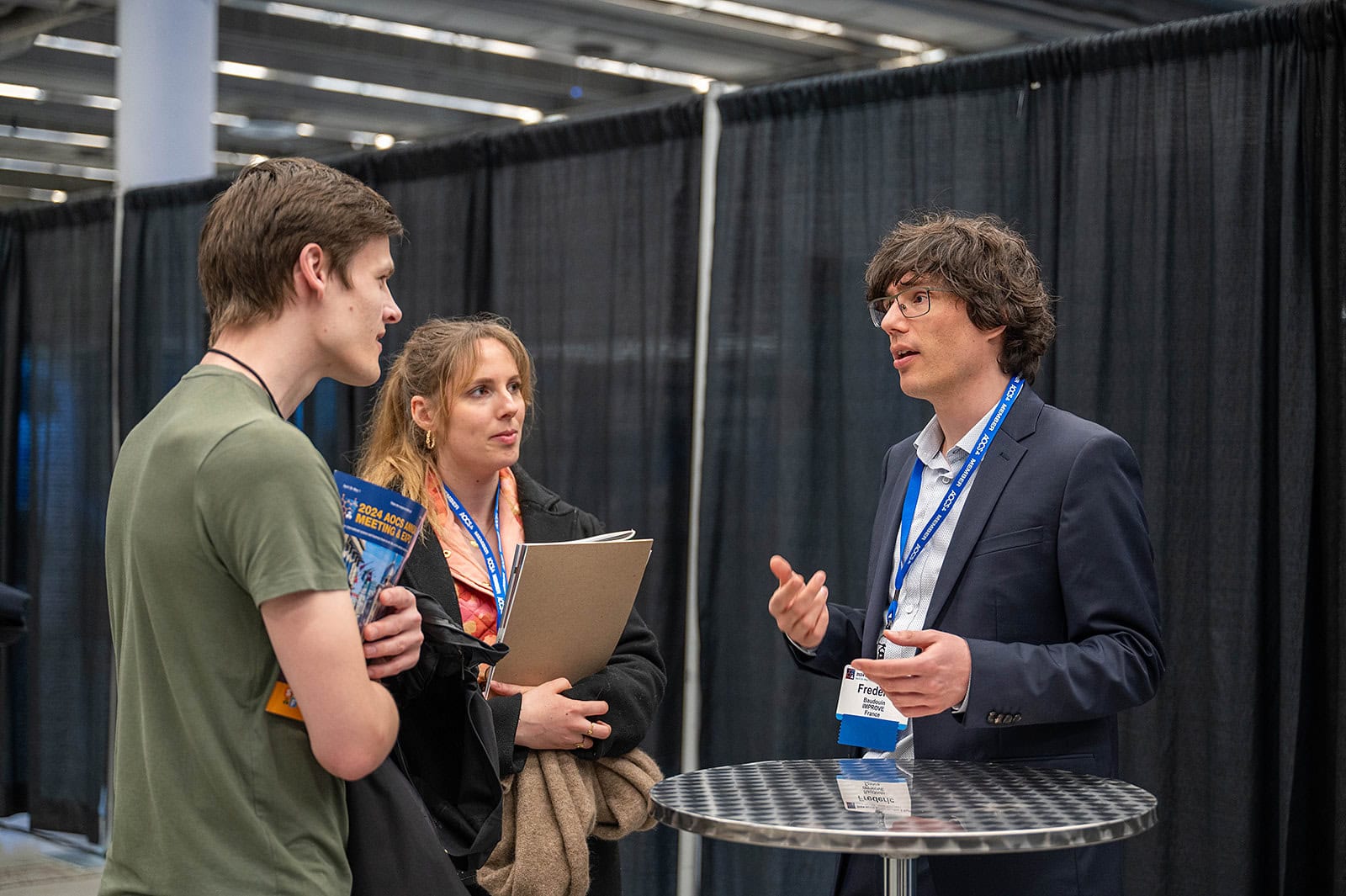About Our Events
Keeping up with industry trends and new research can be a challenge. At AOCS, we offer events designed to give professionals like you the tools to succeed at any career stage.
Whether you're looking to learn about the latest scientific developments, network with peers, or enhance your professional skills, AOCS provides a range of events to fit your needs – from in-person conferences to virtual networking opportunities.


February 2, 2026
35th Annual Practical Short Course on Feeds, Pet Food and Aqua Feed Extrusion
A one-week Practical Short Course on Feeds, Pet Food and Aqua Feed…

April 22, 2026
2026 China Surfactant Industry Conference
The “2026 China Surfactant Industry Conference” will focus on the frontier developments…

May 3, 2026
2026 AOCS Annual Meeting & Expo
The AOCS Annual Meeting & Expo is a premier international science and…
Discover AOCS Events
Connect with thousands of chemists, engineers, technologists, and researchers focused on the science and technology of fats, oils, proteins, surfactants, and related materials.
Specialty Conferences
Dive deeper into industry topics with these in-depth events that provide focused insights and discussions, including the Fabric and Home Care Forum and Sustainable Protein Forum.
AOCS Divisions, Sections, and Common Interest Groups host a variety of educational and networking events. Connect with colleagues, friends, and industry peers throughout the year and access content relevant to your professional interests.